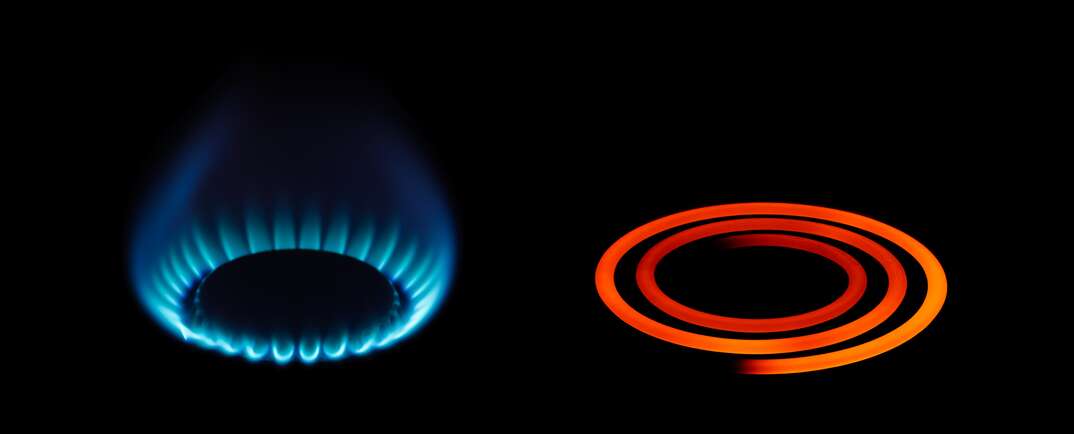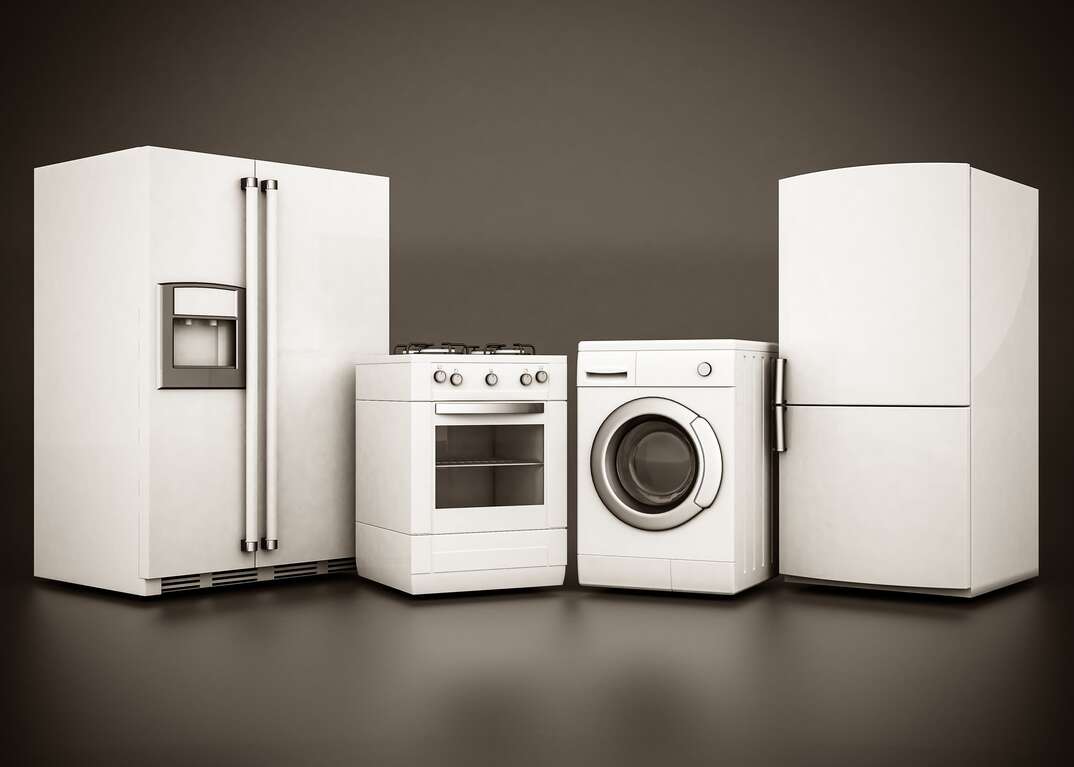Gas Stove Vs. Electric Stove: Which Is Best For You?

In the battle of the gas vs. electric stove, many people have strong opinions on which is better. Both achieve the goal of cooking your favorite meals, but looking at the details and the differences can help you decide which is best for your kitchen.
This May Also Interest You: Should You Use Your Oven’s Self-Cleaning Feature — and, If So, How?
While your current stove often dictates the type you buy as a replacement, it's possible to switch if you prefer the other type. From a self-cleaning oven to quick-heating burners, buying the stove with the features that match your needs makes your kitchen run smoothly. Here’s what you need to know.
Is a Gas Stove Better Than an Electric Stove?
When deciding whether a gas or electric stove is better, it really comes down to your preferences. Both work well for cooking and baking, especially for the average family where cooking is more a means of getting dinner on the table than it is a serious or professional affair.
Fans of gas stoves like the quick start and precise heat control. It's often the preferred type of professional chefs and serious home cooks. An electric stove is often safer to use, and smooth-top stoves are much easier to clean.
If you're replacing an existing stove, the easiest option is to choose the same type you already have. Choosing the other option means you may need to hire a pro to run the new power source, which adds to the cost. It can be especially costly if you're switching from electric to gas stove. In some cases, though, you may have a hookup for an electric stove hidden behind your current gas model.
Is a Gas Stove Cheaper to Run Than Electric?
Specific costs to operate a gas or electric stove depend on your local rates for natural gas and electricity. Natural gas is usually cheaper than electricity in most areas, which could give a gas stove a slight edge. The most energy-efficient option is an induction cooktop.
The upfront cost of stoves is similar for both types, but electric stoves top out at a higher price. Bob Vila says you can expect to find electric stoves for $450 to $2,800, compared to $460 to $2,300 for gas models.
Gas or Electric: Which Is Safer?
Both types of stoves carry a risk of burns and starting fires, so it's important to use any stove with caution. That said, electric stoves generally have a slight edge in terms of safety. Gas stoves have open flames, which can easily spread if a towel, oven mitt or another flammable object gets too close. An electric burner can catch things on fire as well, but it takes a lot longer for something to go up in flames.
Gas stoves can also cause gas leaks or produce carbon monoxide. Leaks can happen if the stove isn't installed correctly or if damage happens to the gas pipes. A little bit of gas can also leak into your home if the knob gets turned slightly without igniting the burner. The combustion process produces carbon monoxide, which can build up if you use your stove for an extended period of time or if the kitchen is poorly ventilated. Poor combustion can also increase carbon monoxide.
What Are the Pros and Cons of Electric Stoves?
Pros
- Smooth cooktops are easy to clean and keep food from getting inside the stove
- Flat, level surface for pans
- Easy to turn on and off
- No open flame, reducing the risk of fires
- Sleek, modern look with smooth-top models
- Good for simmering with a low, steady heat
Cons
- Slower heating and slower response to temperature adjustments
- Can be difficult to tell whether the burner is on, which can lead to burns
- Can't be used if the power is out
- Potential for a shattered cooktop with impact
- Glass tops can get scratched easily
- Burnt-on food is difficult to remove
- Takes longer to cool down
What Are the Pros and Cons of Gas Stoves?
Pros
- Precise flame control and fast response to heat adjustments
- Instant heat
- Visual gauge of the heat based on the flame
- Removable grates can be cleaned easily
- Fast-heating oven
- Gas is often cheaper than electricity
- Better for searing or stir-frying
- Favored by professionals and serious home cooks
- Can be lit with a match during power outages
Cons
- Burners take a little more work to turn on
- Poor ventilation can cause issues like carbon monoxide in your home
- Drafts can affect the flame
- Open flames can heat up the kitchen
- Risk of gas leaks and carbon monoxide poisoning
Gas or Electric? How to Decide
So you know the ins and outs of each type, what there is to like about both and the features you’re looking for in a stove. Your next step is to make a final decision.
Start by considering the current power source. Your easiest and most affordable option is replacing your stove with one that uses the same power source. Your new stove simply needs to be connected to the power source, and it's ready to go. If you don't have natural gas running to your house, an electric stove might be your only option.
Think about the stoves you've used in the past to assess your preferences. Many people feel comfortable with what they know. If you know someone with the opposite type of stove as yours, ask if you can test it out or ask questions about how they like it.
Consider the type of cooking and baking you do. If you need quick, high temperatures for techniques like searing, a gas stove is often ideal. If you do a lot of baking, an electric oven is often the preferred option since it tends to offer more consistent heat. When it comes down to it, for most families, either option works and offers the cooking and baking options that are needed.


